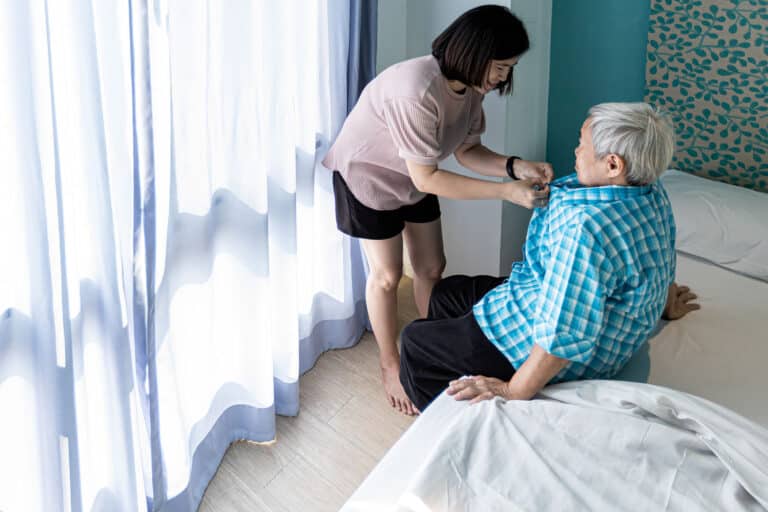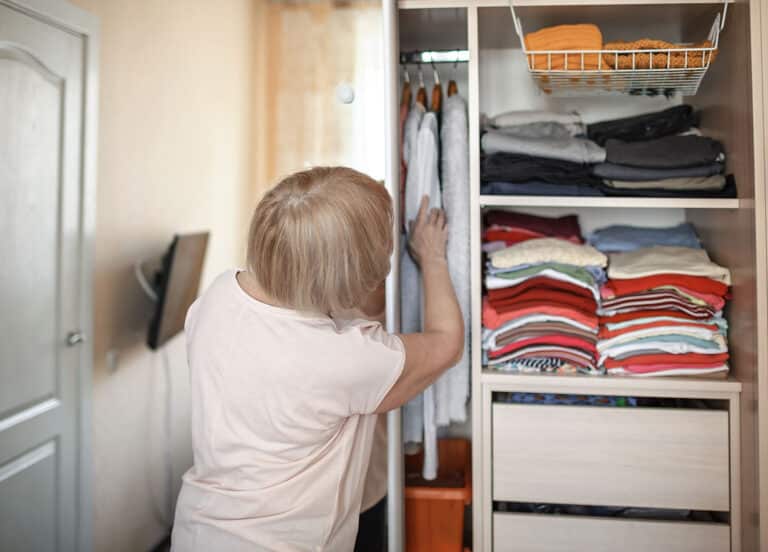
How To Help Your Senior Parent Maintain Good Oral Care
Help your senior parent maintain good oral health with personal care at home services, including assistance with brushing, hygiene routines, and regular dental care.

Help your senior parent maintain good oral health with personal care at home services, including assistance with brushing, hygiene routines, and regular dental care.

Home care providers can help seniors improve mobility, reduce pain, and maintain independence by incorporating safe and effective stretching into daily routines.

24-hour home care provides constant support and companionship, helping seniors feel safe and secure at home, especially during overnight hours.

Discover how Alzheimer’s home care and practical tips can reduce the stress of daily tasks like getting dressed, providing support for you and your loved one.

Spending time in nature has massive benefits for aging adults. Senior care helps families improve access to nature for aging family members.

Companion care at home supports seniors in staying healthy by encouraging flexibility exercises, which improve both strength and physical resilience as we age.

Routines and structure offer seniors a lot of support, but they can be difficult to maintain. Home care assistance makes routines easier to manage.

Ensure your senior loved one’s safety with 24-hour home care, providing around-the-clock assistance and support during emergencies or unexpected situations.

Emergencies can happen at any time. For many families, knowing that their aging family members have home care providers there with them offers tremendous peace of mind.

Alzheimer’s home care involves organizing the home to promote independence and safety, helping seniors navigate daily tasks, and reducing stress as the condition progresses.